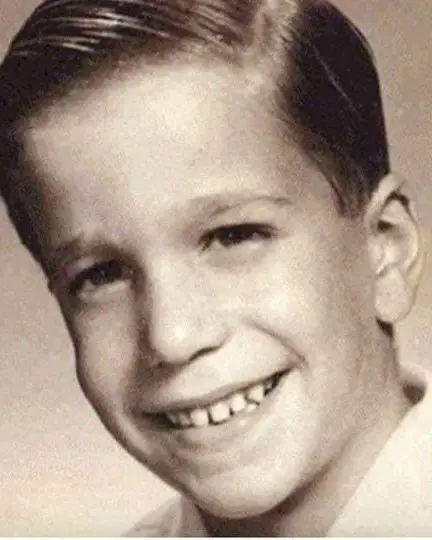Henry Winkler, beloved for his iconic role as “Fonzie” on Happy Days, has long been admired for his acting career. However, many may not know that his journey to success was fraught with academic struggles, particularly due to his undiagnosed dyslexia.
Winkler didn’t read a book until he was 31 years old, a revelation that came after years of being labeled “lazy” and “stupid” by his parents and teachers. His story of overcoming these challenges has since become an inspiration to many, particularly children facing similar issues.

Winkler’s parents, German-Jewish immigrants, placed immense pressure on him to excel in school, believing strongly in the value of education. Unfortunately, they misunderstood his difficulties with reading and learning as laziness. Throughout his school years, Winkler faced constant reprimands and grounding, missing out on many social activities, including school dances and plays.
Despite their intentions, his parents’ strict approach failed to address the real issue—dyslexia, a condition not widely understood during his childhood.
As a young man, Winkler struggled not just academically but also with self-esteem. He described feeling embarrassed during table readings while filming Happy Days, stumbling over words and fearing that others would think less of him. Despite these challenges, he developed a unique coping mechanism—memorizing large chunks of text and improvising when necessary. This technique allowed him to succeed, but it wasn’t until his stepson was tested for a learning disability that Winkler considered the possibility that he, too, might have dyslexia.

At the age of 31, Winkler received his diagnosis. Initially, he felt anger at how much his condition had affected his life, especially the years of frustration and punishment that could have been avoided with proper understanding. However, rather than let this anger consume him, Winkler channeled it into something positive. He began writing a children’s book series about Hank Zipzer, a boy with dyslexia, hoping to inspire children who face similar struggles. His series has been well-received, and Winkler makes it a point to reply to every child who writes to him, sharing the message that “your learning challenge will not stop you from meeting your dream.”

While Winkler’s acting career spans decades, with numerous awards and accolades, he considers his work as an author his proudest accomplishment. His journey from struggling student to a celebrated author and actor underscores the importance of perseverance and self-belief. Through his story, he has become a beacon of hope for children and adults alike, showing that success is achievable despite the challenges posed by dyslexia.

Even today, Winkler continues to inspire others, not just through his acting but also through his advocacy for people with learning disabilities. His memoir, set to be released in 2024, will likely provide an even deeper insight into his journey—one of patience, tenacity, and an unwavering determination to prove that one’s challenges can become their greatest strengths.
In a world where many face academic or personal struggles, Winkler’s story is a reminder that with the right support, no obstacle is insurmountable.

